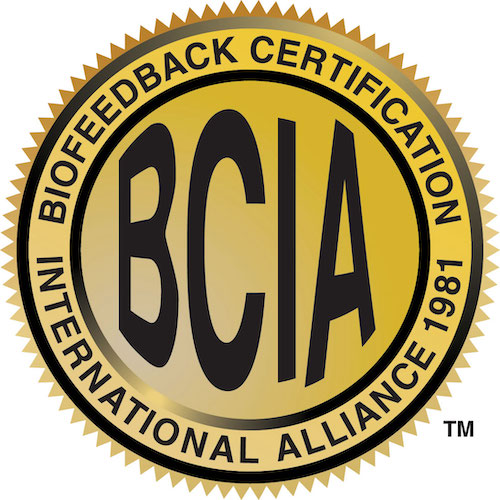- Home
- About Us
- Certification Programs
- Modalities Comparison Chart
- Biofeedback
- Neurofeedback
- HRV Certification/Certificate
- Pelvic Muscle Dysfunction Biofeedback (PMDB)
- International
- Find a Practitioner/Mentor
- Certificants
Event Calendar
|
AAPB Virtual Workshop: NF Bootcamp: What You Need to Know for Effective Assessment and Intervention
Tuesday, December 06, 2022, 11:00 AM to Wednesday, December 07, 2022, 1:00 PM MDT
Category: Events
Neurofeedback Bootcamp: What You Need to Know for Effective Assessment and Intervention
CE Credits: 4 credits
DATE/TIME - December 6 AND 7
1-3 pm (Eastern)
12-2 pm (Central)
11 am - 1 pm (Mountain)
10 am - 12 pm (Pacific)
 Presenter: Lynda Thompson, Ph.D., C. Psych., BCN Presenter: Lynda Thompson, Ph.D., C. Psych., BCN
ADD Centre & Biofeedback Institute of Toronto
The essence of this workshop concerns how carefully done EEG assessment leads to interventions that improve clients’ functioning, whether they are clients with disorders or athletes and executives who wish to optimize their functioning. It teaches the basics, using lots of clinical examples, for those new to the field. It provides a great review and update for experienced practitioners.
In two days, we will cover what you need to know for effective neurofeedback practice. Participants will also learn how to combine neurofeedback with biofeedback, especially heart rate variability training, to synergistically improve self-regulation skills. For those interested in BCIA certification, the course covers Rubrics I, VI, VII, and IX of the Blueprint.
In the first day, participants with cover Orientation to Neurofeedback and Client Assessment. This includes basic knowledge about brainwaves (frequency, morphology, amplitude, magnitude, power, location, reactivity and origin); recognizing artifacts, how to measure the EEG, viewing the EEG in the time domain and in the frequency domain. With respect to instrumentation, it covers impedance; high and low pass filters, notch filters, Ohm’s law, the differential amplifier, common mode rejection, Nyquist principle and aliasing. Attendees will become comfortable with the International 10-20 electrode placement sites and their relation to Brodmann Areas (BAs). Montages for EEG assessment, and for training, will focus on referential and sequential placements. There will be instruction concerning how electrodes are applied, impedance is checked, artifacts are identified and removed, and how the single channel EEG results can be displayed in one Hz bins (1 to 35 Hz). Key ratios, such as theta/beta power ratios and ratios for identifying “busy brain” (ruminations and/or anxiety) will be explained.
The second day will cover Developing Treatment Protocols and Current Trends in Neurofeedback. Treatment interventions will include symptom pictures, EEG findings, and discussion of how to develop an individualized training protocol for each client. Together we will cover the basic patterns observed in the EEG and how those patterns correlate with symptoms. Patterns found in ADHD will be emphasized because it is the most common disorder and one for which neurofeedback has established efficacy. There will also be discussion of other patterns, such as low amplitude/fast pattern that may be found with alcoholism, anxiety, ruminations, compulsive behaviors; frontal alpha asymmetry in some patients with depression; patterns seen in Asperger’s/Autism Spectrum Disorder, patterns in seizure disorders; and findings in post-concussion syndrome. There will be mention of 19-channel EEG assessment, brain maps, LORETA source localization, and Event Related Potentials (ERPs).
Current Trends will focus on how neurofeedback can be part of multi-modal interventions. There will be explanations of how neurofeedback and biofeedback can be combined. This produces the most effective training to improve self-regulation skills and to treat common disorders, as well as to optimize performance.
Participants will be encouraged to ask questions and learn material relevant to their clinical practices.
Learning Objectives
In this workshop you will :
Delivery Method: Interactive webinar using telephone and Internet technology.
Target Audience: Professionals who are interested in becoming certified in the field of neurofeedback.
CLICK HERE for more information and to register!
|

 Prev Month
Prev Month View Month
View Month Search
Search Go to Month
Go to Month Next Month
Next Month Export Event
Export Event